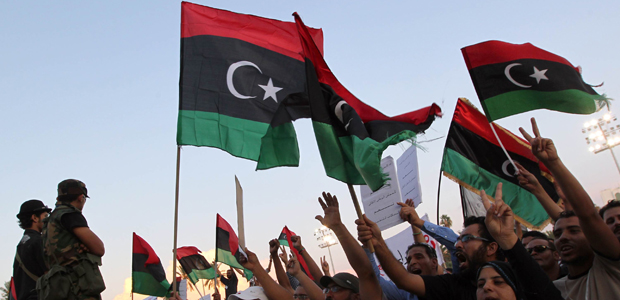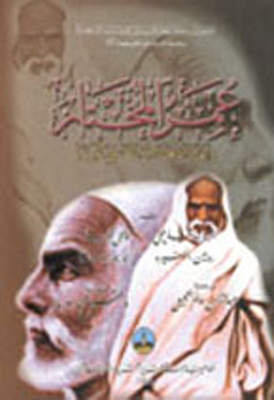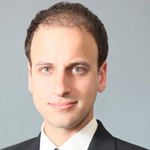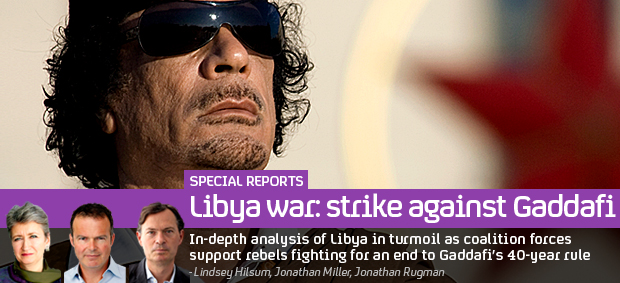Libya’s challenge: not rebuilding, but creating a nation
Some of Libya’s most precious archives survived the violent overthrow of Muammar Gaddafi. But can they now help Libya’s new leaders forge a national identity, asks expert Jason Pack.

Over the past six months, I frequently wondered if the prestigious Libyan Studies Centre was on a special Nato list of protected monuments – along with Tripoli’s mosques, hospitals, and the famous arch of Marcus Aurelius in the old medina – that were not to be targeted even if Gaddafi stationed troops nearby.
As soon as Tripoli fell in late August, I was anxious to return to the centre and see if the basis for my doctoral research and the life’s work of so many Libyan and foreign academics had been damaged.
A person who trained to run across minefields. Dr Mohamed Jerary describes his work as head of the Libyan Studies Centre under Gaddafi’s rule
When I arrived in early September I was pleased to see that the only visual change to the centre’s exterior was the boarding-up of its windows. Miraculously, the 17 million documents concerning Libya’s 20th century history have all survived both the war and Gaddafi’s attempts to use and abuse history to buttress his claim to power.

Established in 1977 as the “Libyan Jihad Centre,” its collection of oral history interviews from Libyan participants in the struggle against the Italians is world renowned. Its less famous collections of old photographs, newspapers, and personal correspondence of prominent Libyans is among the best of its kind in the Arab world.
Academic freedom
Despite the inability of the centre to publish objective historical research on the post-1951 period that could be mistakenly interpreted by the Gaddafi regime as pro-Idriss (the Sanussi King Idriss, whom Gaddafi overthrew in 1969), Dr Mohamed Jerary – the director of the centre since its foundation – and his colleagues fought to expand their freedom of academic inquiry.
Dr. Jerary described himself as: “A person who trained to run across minefields. I had to manipulate the patronage system of Gaddafi’s rule to succeed in promoting scientific historical research.”
In 2009, he secured permission from Gaddafi’s son Saif al-Islam to conduct oral history questionnaires and collect documents about the Kingdom Period.
According to Lisa Anderson, current president of the American University in Cairo and the first foreign scholar to be officially invited and affiliated with the centre in 1978: “Mohamed Jerary is one of the rare people in the world who believes that documentation of the past is actually important. He was enormously successful in sheltering the vestiges of Libya’s past from the predations of the Gaddafi regime.

“As a result of his work, future generations will be able to study Libyan history more freely.
“What they may find hidden beneath the surface is that the different regions of Libya were never fully patched together. Therefore, what the National Transitional Council is now engaged in isn’t the rebuilding of Libya but actually the building of it from scratch.”
Jason Pack researches Libyan history at St. Catherine’s College, Cambridge University, and is president of Libya-Analysis.com.





